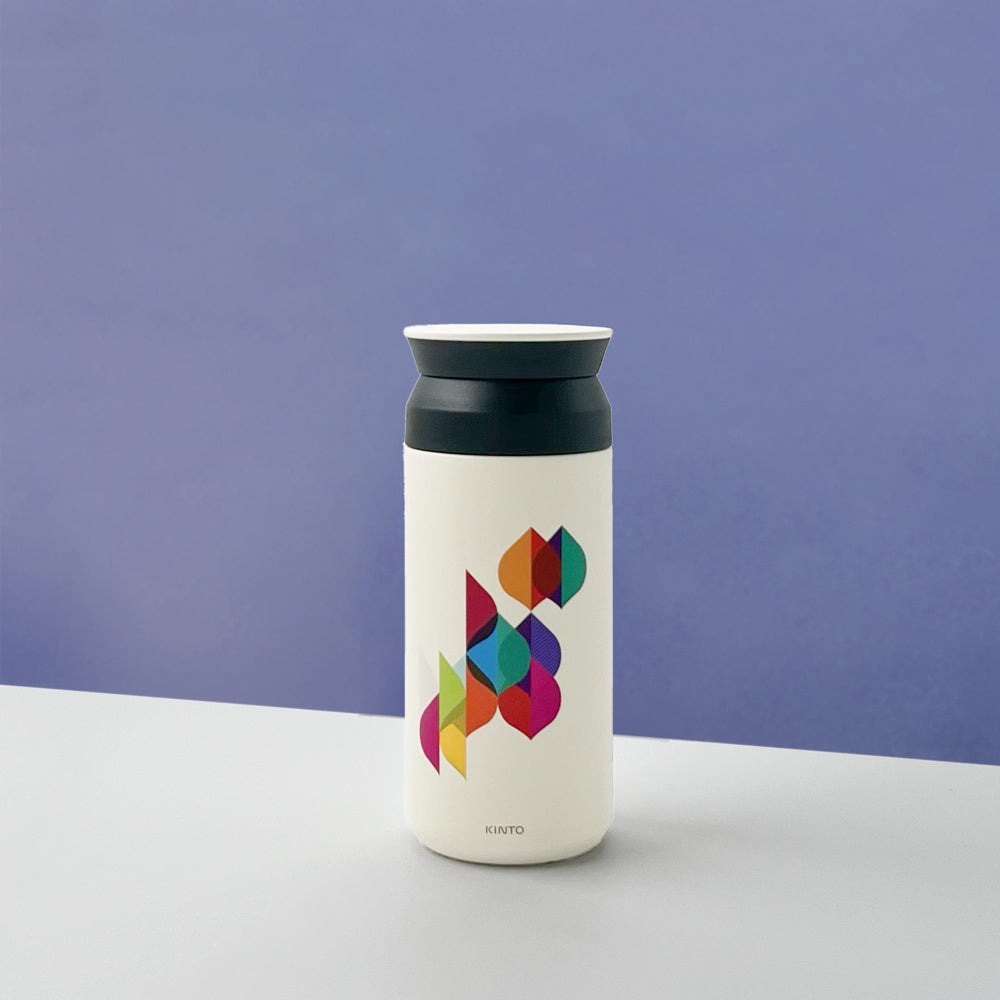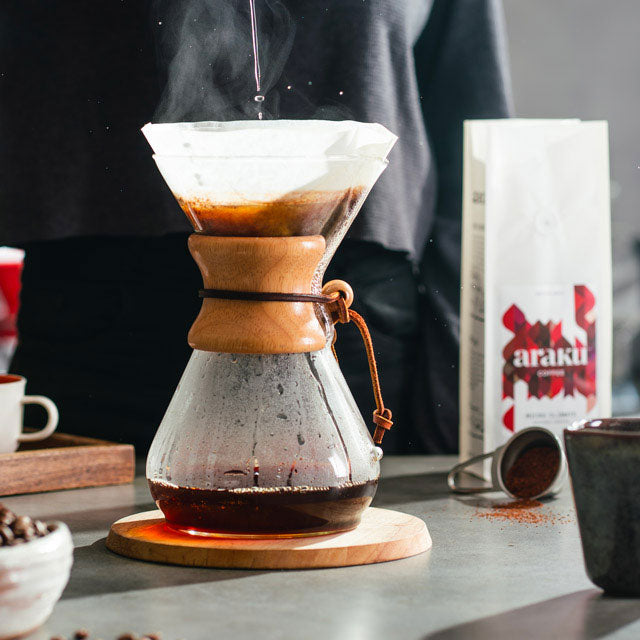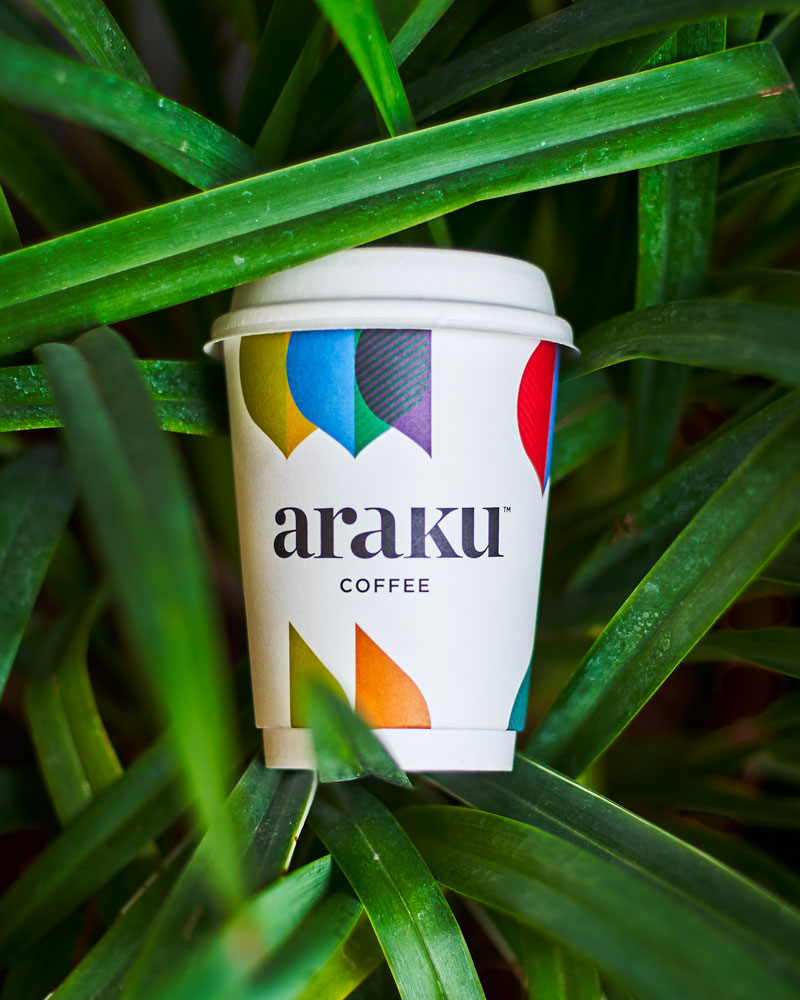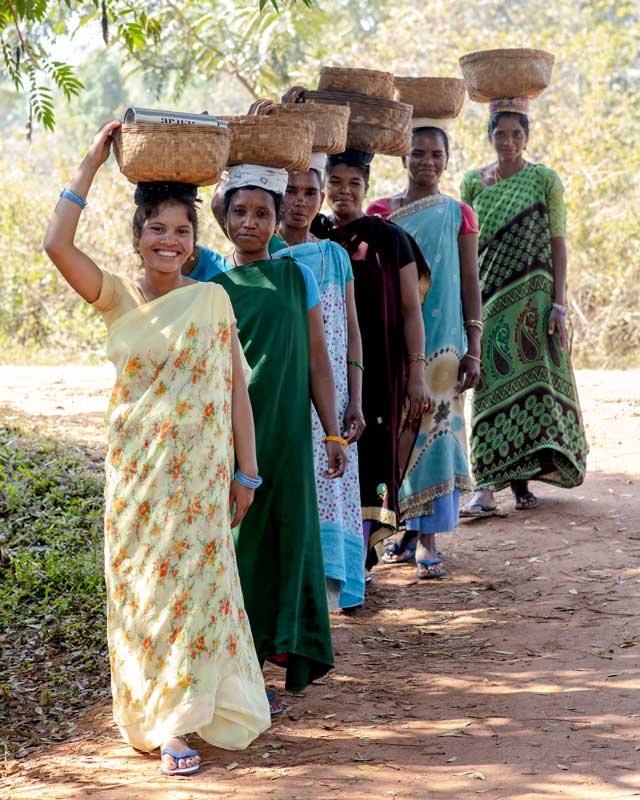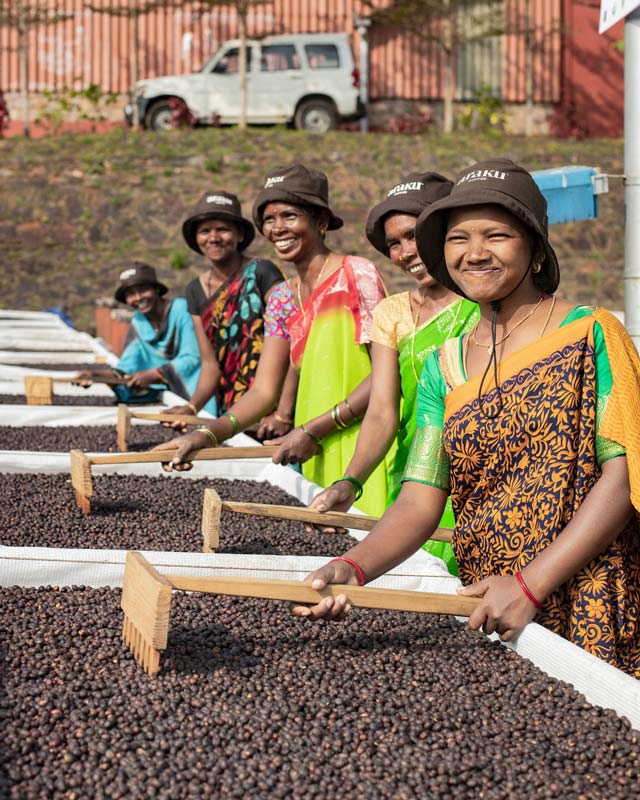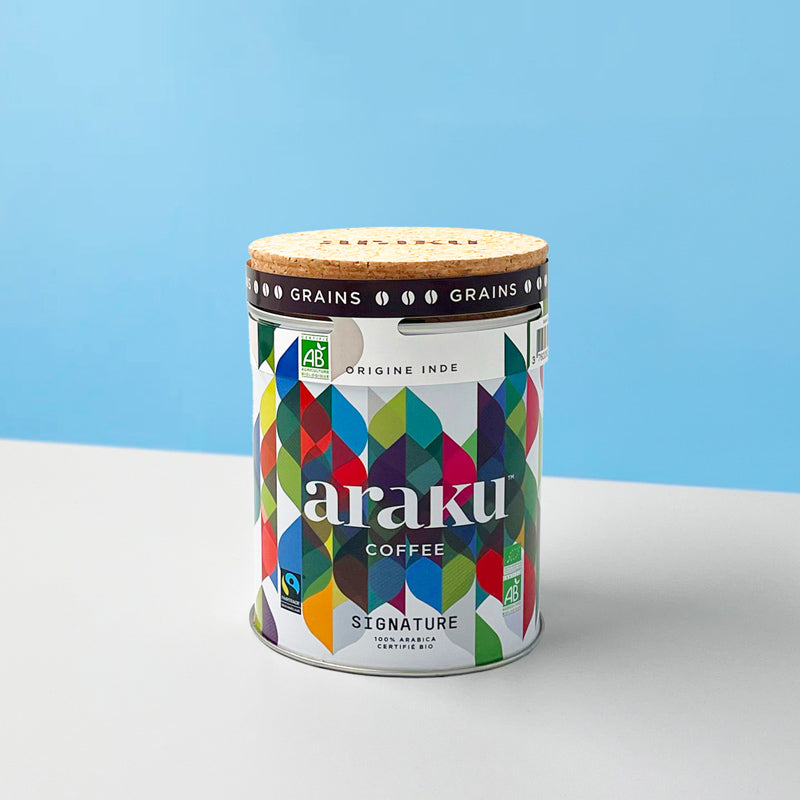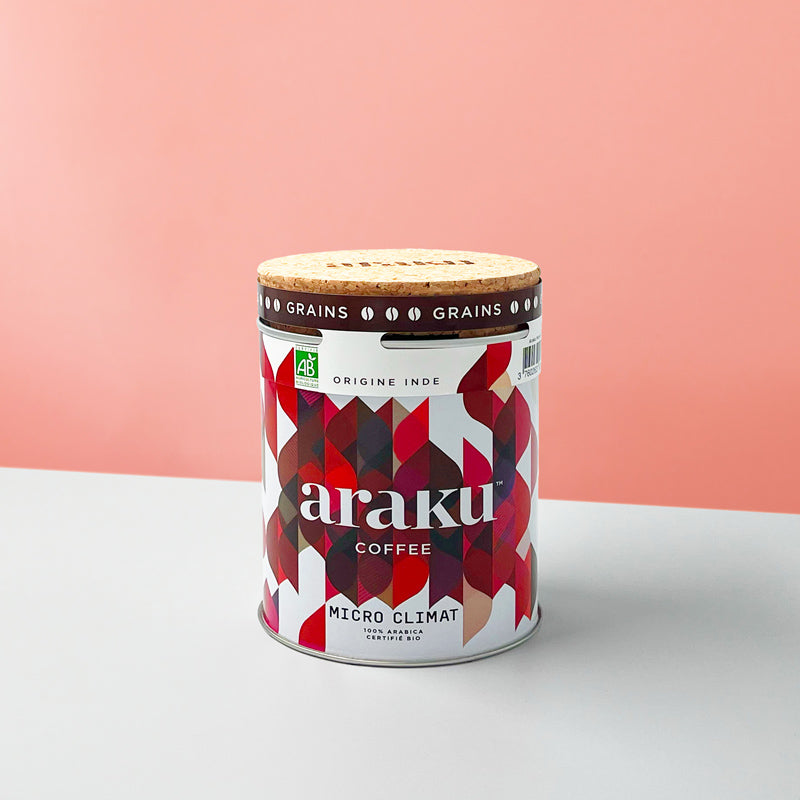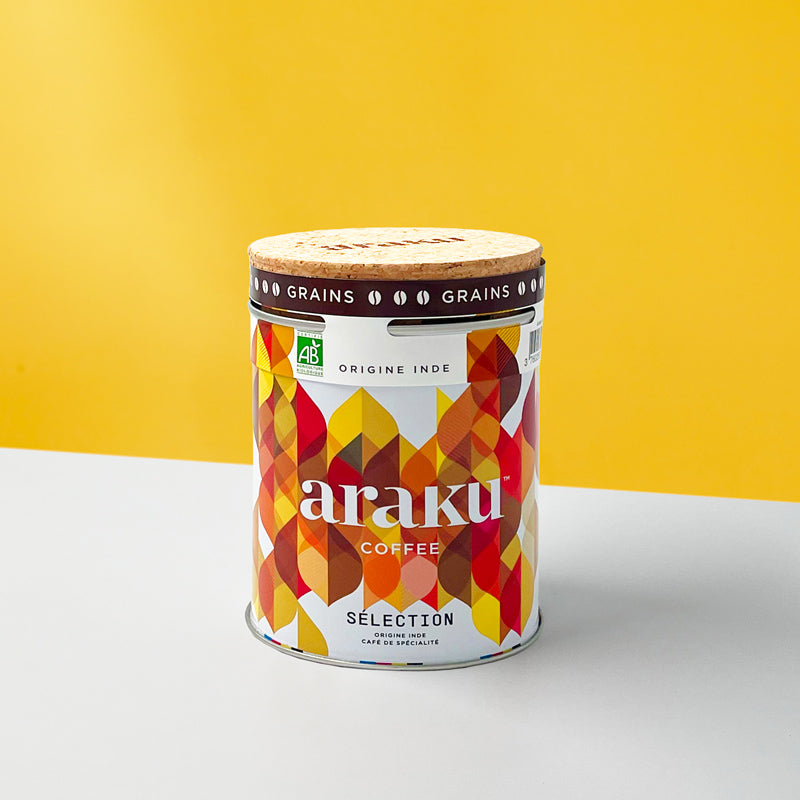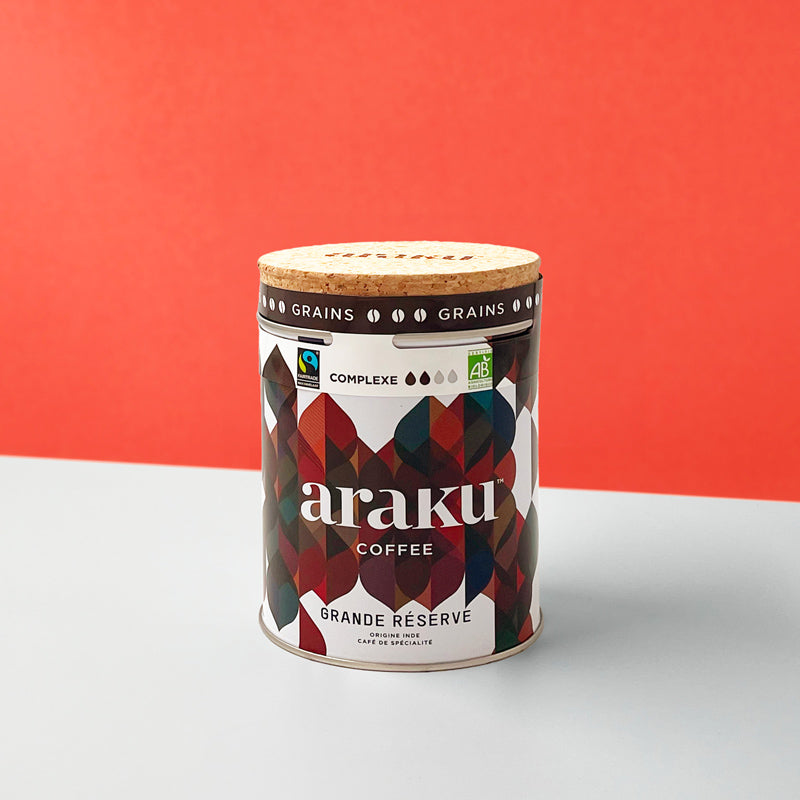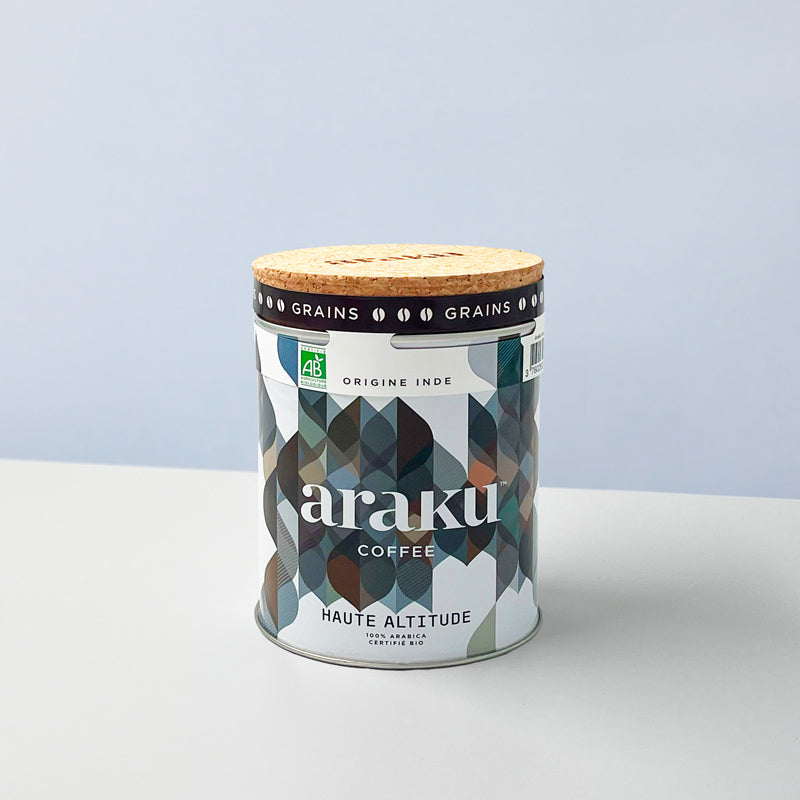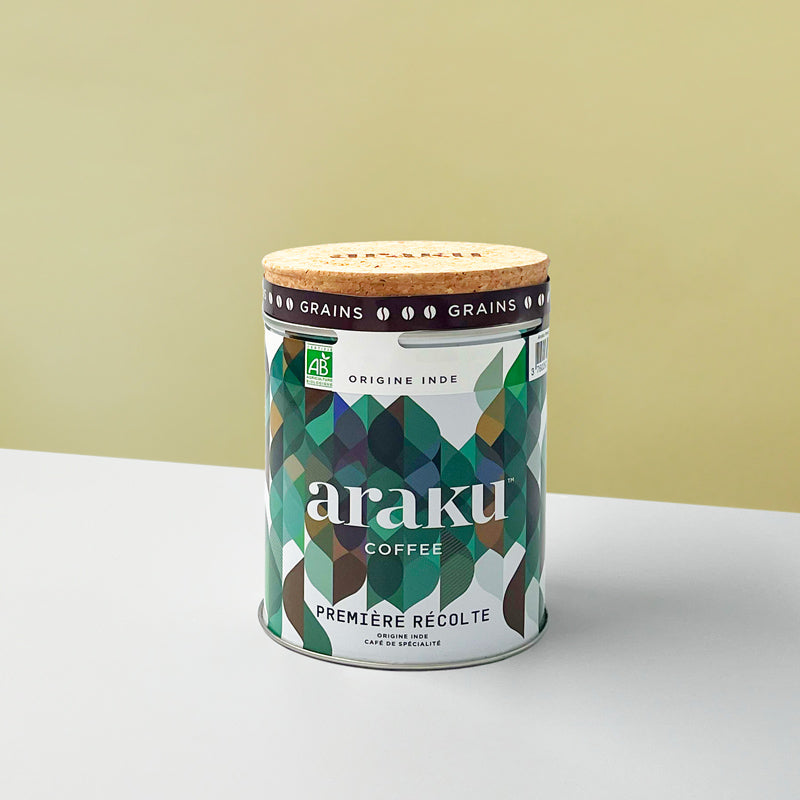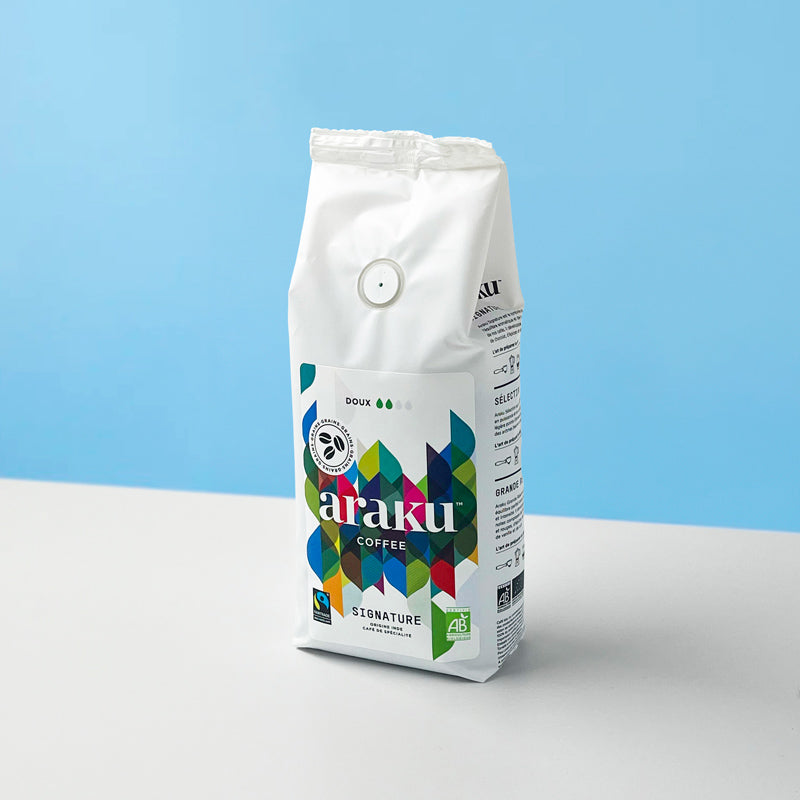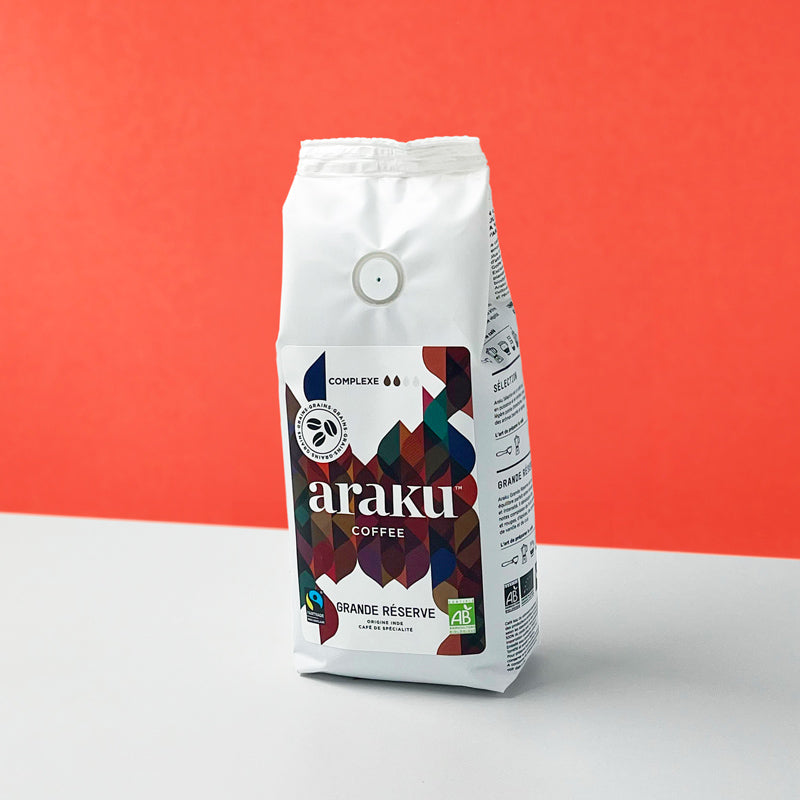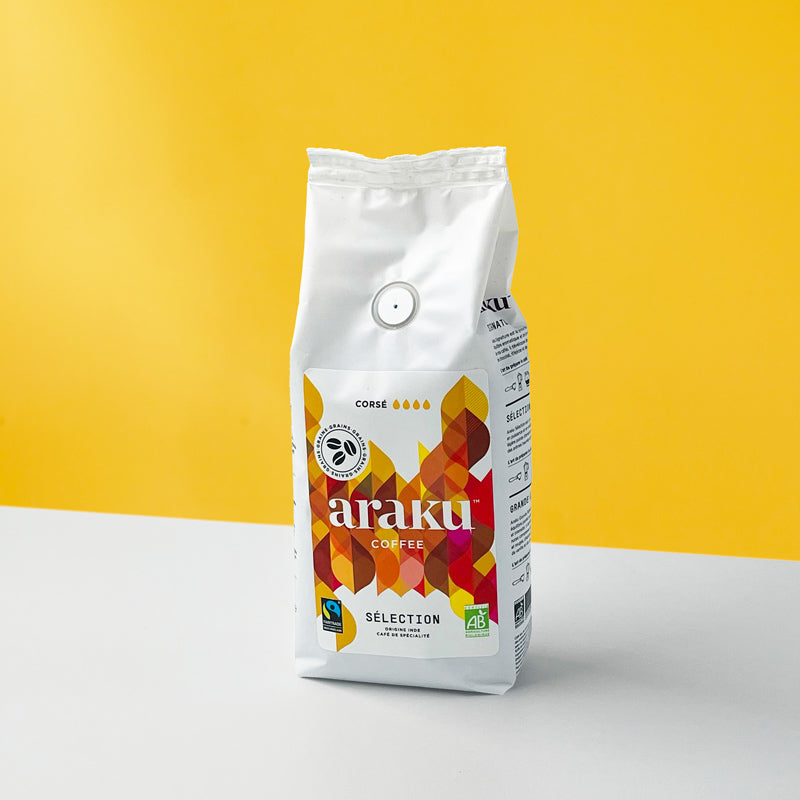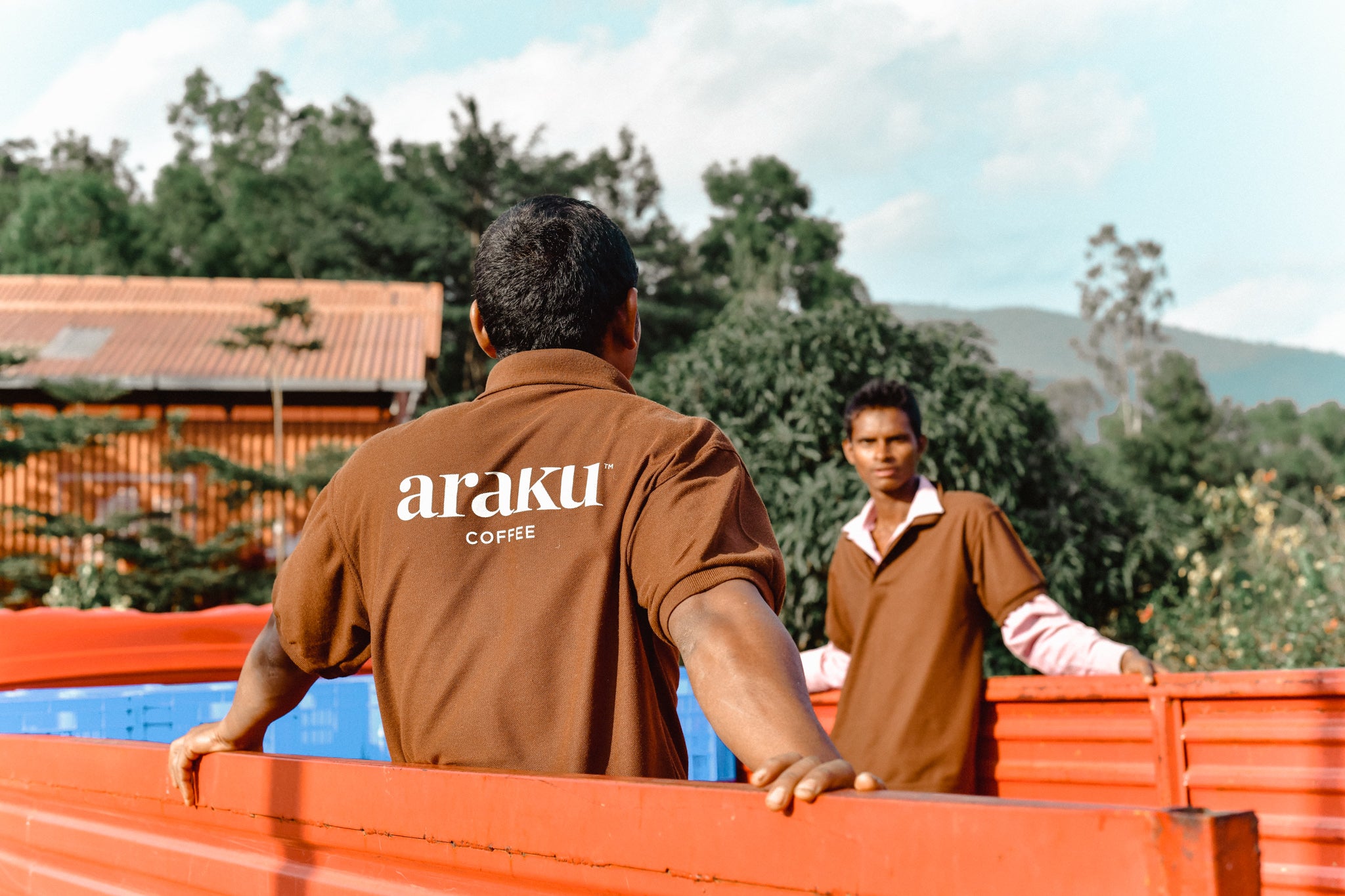Organic coffee: an environmentally friendly product
Implicitly, purchasing an organic product allows you to promote a different approach to agricultural production . To increase soil yields, conventional cultivation methods for coffee plants often involve the intensive use of pesticides, herbicides and other chemical fertilizers, which upset the soil balance and pollute water. For organic coffee producers, there is no question of perpetuating these bad habits. For better coffee, farmers employ sustainable agricultural methods such as crop rotation, agroforestry or biodynamics. In this way, producers sometimes lose yield but improve grain quality. Thus, organic coffee is certainly often more expensive on sale, but its more virtuous agricultural approach is an asset that some consumers wish to favor.
Organic coffee VS commercial coffee: a better quality bean?
No surprise! The quality of organic coffee beans grown using sustainable agricultural methods is eminently better. Soils cultivated carefully without chemicals necessarily produce higher quality grains. Furthermore, the cultivation of organic coffees is often associated with virtuous practices: harvesting by hand, little mechanization of the stages of transformation of organic coffee cherries into green coffee. In a way, grain quality is therefore part of the implicit contract between the consumer and the producer.
Better coffee for health
This is perhaps the very essence of the organic bias: by eradicating synthetic fertilizers from the soil, we reduce exposure to chemical residues potentially harmful to the consumer. In addition, on the organic coffee side, artisanal processing and roasting methods are often gentler and allow more nutrients and antioxidants naturally present in coffee beans to be preserved. To learn more about the benefits of coffee beans, click here .
A way to promote farmers
For many coffee producers, organic coffee production is a great opportunity. By moving away from intensive production methods, producers revalue their work and gain credibility. By integrating the constraints and logic brought by organic labels , producers improve their crops and adapt them to new sustainable consumption trends while increasing the selling price of their coffee beans. Thus indirectly, a consumer who relies on organic coffee contributes to the propagation of a more virtuous system and the evolution of practices. Organic coffee producers are therefore taking advantage of new consumer demands.


